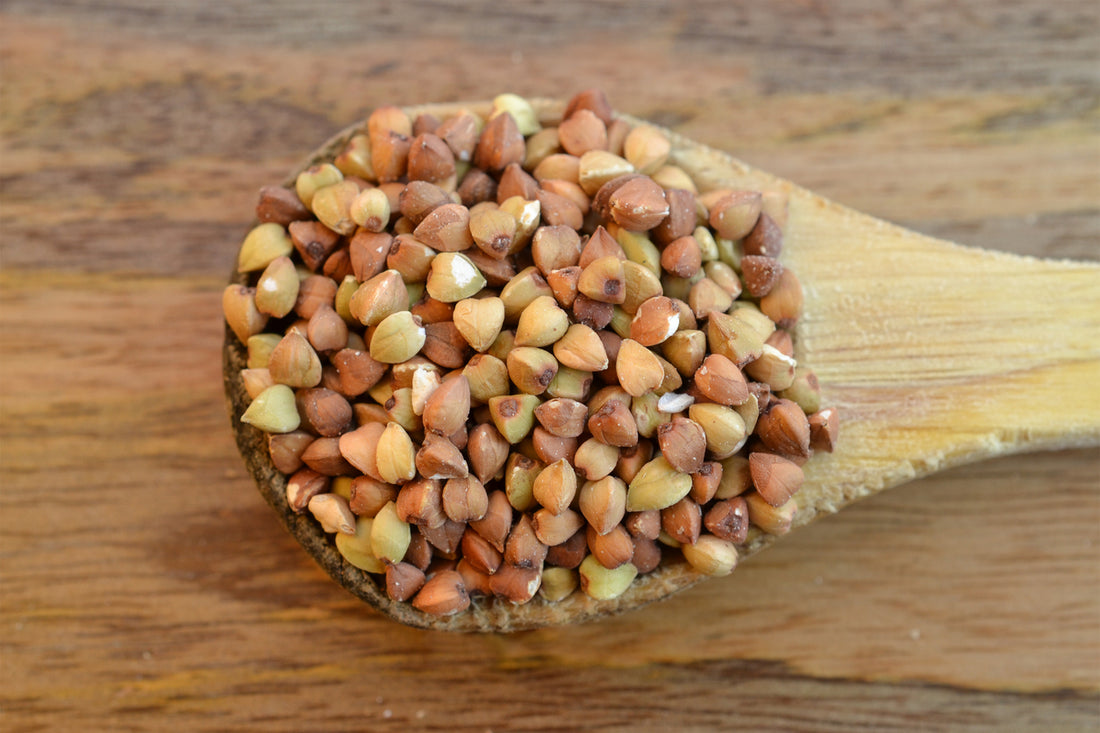GLP-1 is a potent insulin secretagogue that aids glucose tolerance, blunts appetite-related signaling, and helps maintain the structure and function of pancreatic beta cells, especially under conditions of metabolic stress. In metabolic syndrome, GLP-1 levels are inversely related to waist-hip ratio measurements and to blood levels of glucose and total and LDL cholesterol. GLP-1 is formed in the intestines, and is broken down by dipeptidyl-peptidase 4 (DPP4). Inhibition of this enzyme has been shown to improve glycemic control and GLP-1 status.
In this investigation, researchers compared the effects of addition of 10% Tartary Buckwheat, 3% Tartary Buckwheat, or 0.1% rutin to the diets of diabetic and non-diabetic mice. They estimated that supplementation with 10% and 3% Tartary Buckwheat translated into dietary levels of 0.08% and 0.02% rutin, respectively. Diabetic mice were fed a diabetogenic high-fat diet, while non-diabetic mice were given a normal chow diet as a control. The supplementation period lasted 4 weeks, and oral glucose tolerance was tested weekly in all animals. Other experimental measures included fasting blood glucose, HbA1c, GLP-1, leptin, adiponectin, andghrelin levels, along with calculations for HOMA-IR (homeostatic model assessment of insulin resistance) and HOMA-B (homeostatic model assessment of beta cell function).
In separate experiments, this research team tested whether rutin showed in vitro inhibition of DPP4 as well as whether rutin was able to directly trigger GLP-1 release from intestinal secretory cells. Finally, an experimental protocol was developed to determine whether GLP-1 receptor activity was necessary for achieving the observed metabolic effects of Tartary Buckwheat and rutin.
The Flavonoid Rutin Modulates GLP-1 Secretion and Glucose Metabolism in Animals

NUTRITION CONCLUSION
Buckwheat has long been recognized as a functional food with salutary influences on the glycemic response. Clinical and preclinical research on Tartary Buckwheat, a rutin-rich species, highlights the importance of rutin in triggering the mechanisms of these actions. Results from this study indicate that heightened GLP-1 secretion and improvement in pancreatic beta cell function may be integral to rutin’s glycemic effects.


